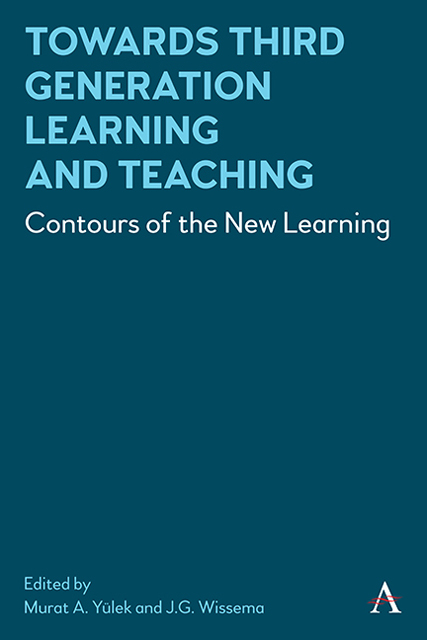Chapter 4 - Which Skills do Employers Want? A Case Study in a Transition Economy
Published online by Cambridge University Press: 10 January 2023
Summary
Introduction
Employers seek certain characteristics when hiring new employees. These characteristics are “signaled” by candidates to employers via their credentials, and most of these credentials are based on learning, any kind of learning. In 2019, a research project on the mismatch between labor supply and demand in the manufacturing industry was conducted in Konya, a major province in central Turkey (Fenerli, 2019). This study investigated which characteristics employers prioritize when hiring and, next, which were the causes of this prioritization. The results are that employers were seeking non-technical skills and even personal traits and attitudes as much as technical skills; there were even cases where non-technical skills were considered more important than technical skills. Technical or job-related skills, such as technical literacy (e.g., the ability to read technical drawings and guidelines) and the ability to work with tools and equipment, were expected to be present in hiring decisions. Employers were eager to invest in candidates by providing on-the-job training for technical skills, however, only if the candidate had the desired non-technical skills and personal traits. Desired non-technical skills were:
• communication skills,
• openness to teamwork,
• problem-solving skills and
• a sense of responsibility as an indication of eagerness to take initiative when required.
Expected personal traits and attitudes are honesty, loyalty, trustworthiness, high work ethic and discipline.
As employers wanted to decrease employee training costs while maximizing the returns on their investment in human capital, they made efforts to retain their employees. The personal characteristics gave an indication of engagement in the job and the company. These skills, traits and attitudes were estimated by credentials such as education and training, previous work experience or references from informal networks, all strongly related to learning.
This chapter will discuss the characteristics that employers are looking for today, how these characteristics are communicated to employers, and eventually, in a shifting working and learning environment, which signals will be relevant for employers.
Why a Case Study in a Transition Economy?
The case study elaborated in this chapter, explores characteristics of, and reasons for, the mismatch between labor supply and industry demand in a transition economy. The study focused on the manufacturing sector and took the employers’ perspective. The research was conducted in 2019, utilizing in-depth interviews with employers and professional organizations in the Konya Province.
- Type
- Chapter
- Information
- Towards Third Generation Learning and TeachingContours of the New Learning, pp. 55 - 66Publisher: Anthem PressPrint publication year: 2022



